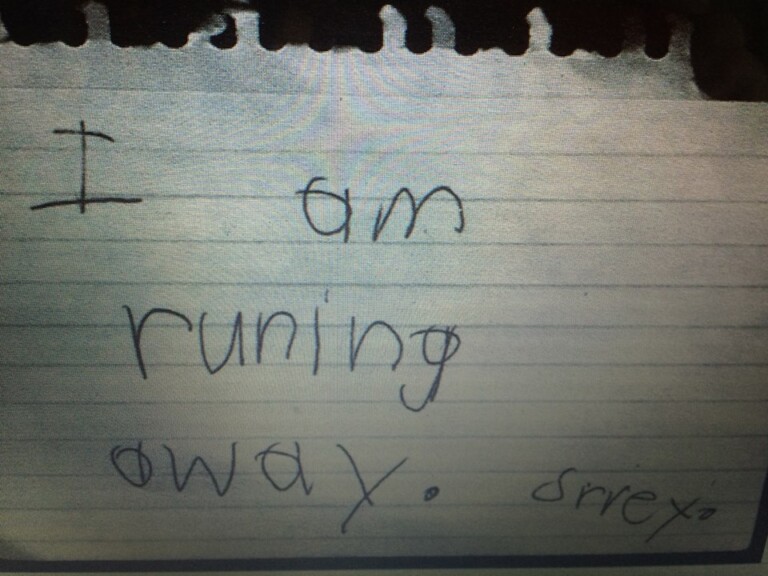Parenting: the Wolf You Feed
 The wolf I feed.
The wolf I feed.
There is a story of the old Cherokee who told his grandson about the two wolves inside him. He explained that there is a dark wolf and a light wolf.
The grandchild asked his grandfather, “Which wolf will win?”
The Cherokee grandfather replied with a smile, “The one I feed.”
Parenting wolves
When we are parenting our kids, the days indeed are long, and the nights are short. Nothing takes as much energy and effort in life as good parenting.
A key to good parenting is focusing on your end goal. What do you want your child to become? Who do you want your child to become?
When you’ve made that decision, half the battle is done. The other half, of course, is implementing your actions.
 The inside Wolf you feed
The inside Wolf you feed
Each of us has two wolves inside us. So do our children. The important thing is that we recognize this and “feed the wolf” we want to grow. If you have a child who is selfish and you want him to become less selfish, then don’t feed the selfish wolf.
If you have a child who pouts and throws temper tantrums, do you feed into that wolf or deal with the tantrums? If your child is lazy, do you allow him to slip out of chores with excuses or do you stay on task? Which wolf do you feed in your child?
Shifting focus from one wolf to another
Our kids want attention, and they want it because they need it. One of the ways you can help your child in behavior issues is to not give too much attention to poor behavior. The more attention he gets, the more he will act to get that attention.
Does your child hold his breath until he passes out? Does he scream and cry until he throws up? Focusing on that only validates his actions. Ignore that behavior (unless he or others are in harms’ way.) Make sure he cleans up (or helps clean up) his own mess when he deliberately throws up. This ensures that this behavior will not be appealing to him next time. That’s how you don’t feed the “bad behavior” wolf.
This does not mean you can’t deal out consequences. (One of the consequences is listed above: cleaning up his mess). If his behavior costs you or other family members time, he needs to “repay” that time he cost you. For example, if his procrastination makes you late, he will need to make up that time for you in another way.
When poor behavior is an issue, focus on what you want him to be like and find ways to reward the good behavior. Feed the good wolf. Share on X Discipline is feeding the good wolf
Discipline is feeding the good wolf
Too many parents don’t want to deal out consequences or discipline for their kids. It’s too hard, they love their kids too much, or think their child is too young to understand. If your child is old enough to be defiant, he's old enough to receive consequences and discipline. Share on X. Granted, the age of the child should guide the consequences – but make no mistake: if he can be belligerent, he can be disciplined. You’ll be a happier parent, and he’ll be a happier child. That’s why we feed the good wolf.
We encourage good behavior by highlighting good character qualities – both in our kids and in others. That’s part of feeding the good wolf. We ignore or deal out consequences for poor behavior – that’s part of not feeding the bad wolf.
Focus on the qualities you want to develop in your child as they grow older. Then feed the wolf that has those qualities. You might lose a few skirmishes, but guaranteed – you’ll win the war.





